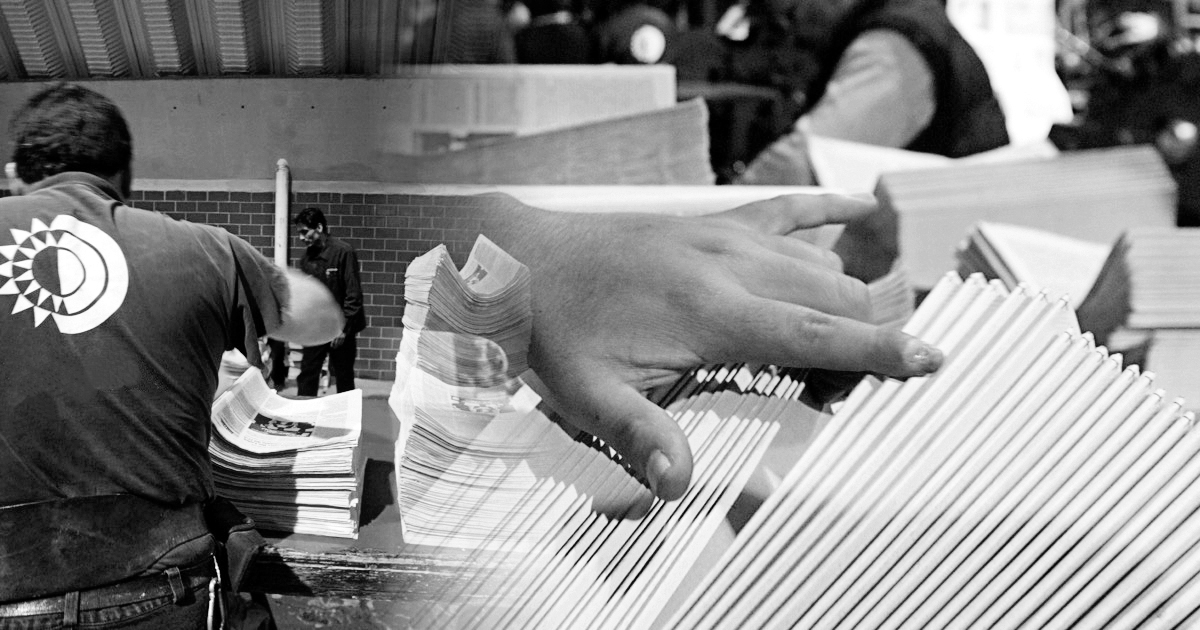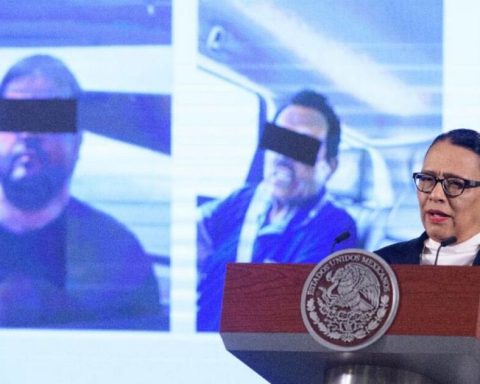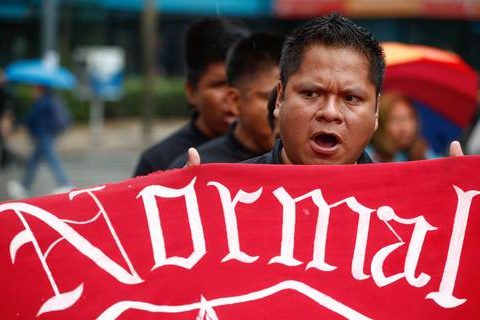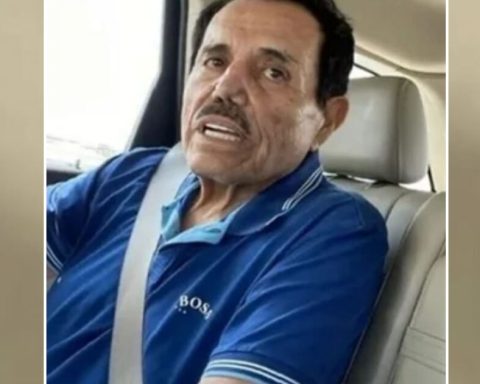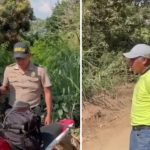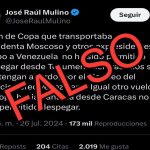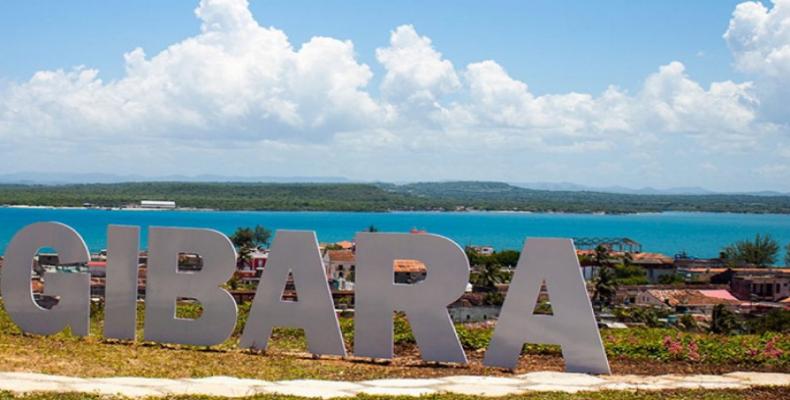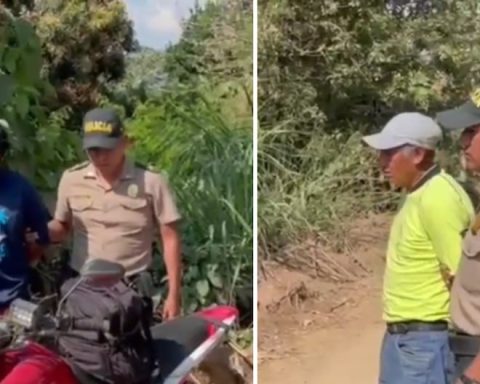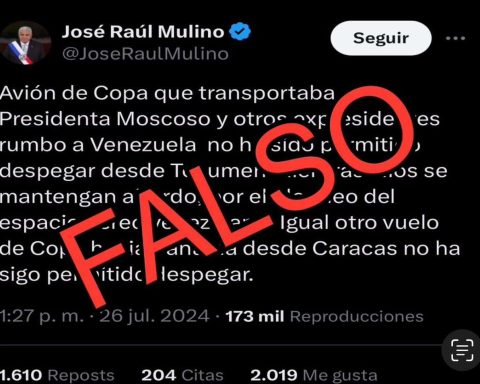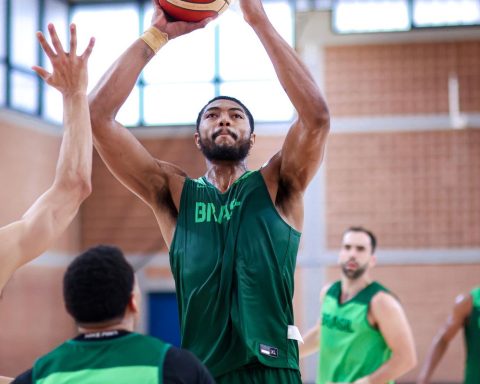AND
varisto castañon Flores was 34 years old when the military took him away along with 86 heads of families and Adelina Morales, a pregnant mother. In the early hours of September 8, several people woke up to the barking of dogs. They heard cars. Before dawn guachos They besieged the community and broke into the precarious homes of El Quemado. They raised all the families. At gunpoint, they attacked the men and threw everything in search of weapons. They were ordered to gather at the police station. They arranged for the men and boys to be in the front. The mothers struggled with the soldiers and stayed by their side.
Parents were asked for their full name. They yelled for silence. The captain demanded: Who is with Lucio? We know that several walk with him
. The hubbub of the villagers generated more anger. They interpreted that there was complicity. The military officer in charge rebuked them: “So you don’t know anything? You don’t know who participated in the ambushes either? Take them away! He ordered the troops. Let’s see if they don’t talk!”
The soldiers beat the men. They handcuffed them, blindfolded them and took them to an old mansion. Evaristo remembers that Ignacio Sánchez, the town’s principal, was one of the hardest hit. They dragged him away. The mothers tried to rescue their children, without being beaten by the blows. They chose to shut themselves up at home with their girls. The resistance of the residents forced the captain to ask for reinforcements, who arrived in helicopters to avoid another guerrilla ambush in the foothills of the mountains. They were ordered to airlift the detainees. The faces of several peasants were unrecognizable. The older ones, like Don Ignacio, could not get up. Bloody injuries to ribs and legs made it impossible for them to walk. The torture was part of the revenge of the soldiers, who did not stop kicking them.
We are going to throw them into the sea
threatened the guachos in the air. They were accused of having participated in the second ambush that the guerrillas set for the Army in the Sierra de Atoyac. The entire government went up to the town because they said that Master Lucio had been here and that we were from his group. The truth here did not come. He was in the Shelter and in other ranches near here.
Evaristo, at 84 years old, recalls that 15 days earlier, on the road to Paraíso, Lucio’s people ambushed the Army. It was in Dark Creek, by the Santiago River. They say that there were about 18 deaths, 20 soldiers captured and several wounded. We don’t know why they thought it was us. A teacher explained to us that the military reported to their bosses that here in El Quemado they had found personal belongings of the soldiers they killed. They tortured us, three comrades disappeared, and Don Ignacio died in the Atoyac prison.
They had them piled up in a 6×6 meter dungeon. The detainees remained standing, there was no room for them to sit down. They tortured us for about 10 days. They tied me to a board, poured water on me and gave me electric shocks. I always passed out. So I was without eating or drinking water. I don’t remember that they took me to court. She went with a bloody face, with a broken collarbone and swollen feet. The judge was afraid of the military, because he did not say anything about the torture. Instead of freeing us, he sentenced us to 30 years.
On the cement field, where 86 men, some minors and a pregnant mother were detained by the Army on July 13, their sons and daughters recounted the Army’s atrocities: five family members disappeared, three died in the jail; 20 murdered and more than 40 arrested. Of the 24 incarcerated, 12 are survivors of torture.
Don Evaristo is still lucid, in a good mood and with his head held high. Like the people from Guerrero who don’t know how to back down. The question echoes in his mind: Who was with Lucio? Nobody said anything. That’s why they wanted to beat us to death. My throat was clogged from so much blow. It took me so I could pass water. In the four years that I was imprisoned, they never gave me medical attention. I composed myself by the will of God and for the love of my family
.
Apart from taking men and boys as spoils of war, as potential guerrillas, the military surrounded poor communities and prevented them from free movement. The mothers and girls could not go out to work in their orchards and milpas. Rather, they demanded food to feed the troops. They were prohibited from taking food outside their home. They said it was for Lucio and his people. In the precarious changarros they were only allowed to buy a kilo of Minsa, one of beans and another of sugar. Starvation was part of the war strategy against the rebellious population.
September 8th will be the 50th anniversary of the military irruption in El Quemado, part of the Operation Spiderweb that caused havoc in poor communities in the Sierra and Costa Grande, such as Cacalutla and El Refugio. People keep the memory of their missing relatives alive. September, for the poor people of Guerrero, is disastrous, the wound of the disappearance of the 43 students from the Ayotzinapa normal school is open.
The crimes of war dirty in Guerrero they are part of the chain of impunity that remains untouched today, with the criminal actions of the police, the Army and the Navy. All colluded with organized crime. The State justice apparatus keeps the interests of the perpetrators untouched. Impunity has more power than the victims’ cry for justice. The indomitable memory of a combative people resists with its fist raised. The wise words of Evaristo are illuminating: The Fourth Transformation will not take place if justice does not come to El Quemado. I just hope to see the President deliver
.
*Director of the Human Rights Center of the Mountain-Tlachinollan
